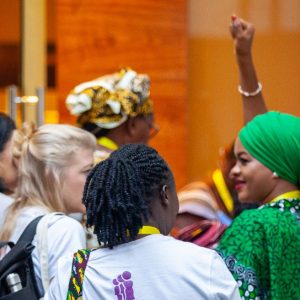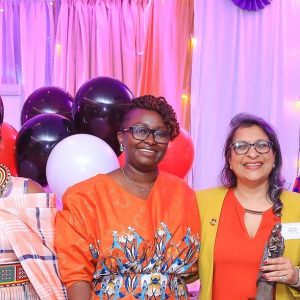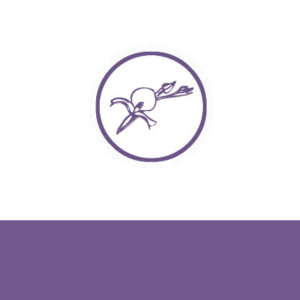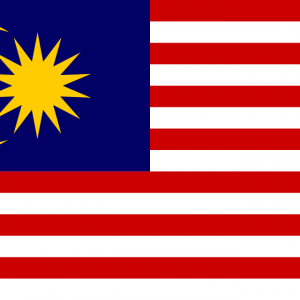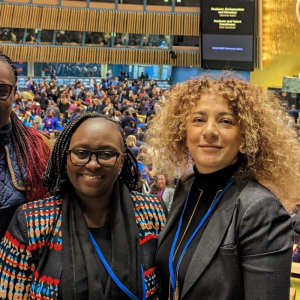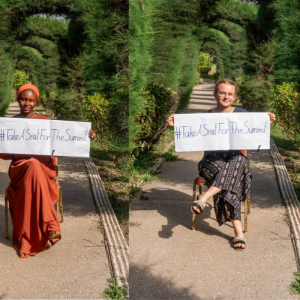Since October 2012, Orchid Project has partnered with Tostan to create a series of strategic initiatives to reinforce the movement to abandon female genital cutting (FGC) and child/forced marriage in Senegal. Social mobilisation agents reach out to non-class participants of Tostan’s Community Empowerment Program (CEP) in the regions of Matam, St. Louis, Kolda and Sédhiou where FGC and child/forced marriage rates are the highest in the country.
To reinforce the new knowledge they learned through social mobilisation activities, communities organize intervillage meetings, where they can meet, share, and exchange ideas around FGC. Intervillage meetings can also help to sway reluctant communities, to abandon these harmful practices.
Following the start of awareness-raising activities in the village of Thianfara Koba in the region of Kolda, Senegal on May 18th and 19th 2014, I had the chance to attend my first intervillage meeting in Thianfara Koba, on July 1st. The meeting took place at the start of Ramadan, a sacred period of fasting, and stood out from the previous ones. Activities were conducted at a slower pace due to people’s lack of energy, and activities such as dancing and singing were frowned up in the village. As a result, there was little animation compared to the usual meetings with singing, dancing, theatre sketches, and occasionally film screenings. Despite this, attendance was high, out of the 50 people who were expected to attend, nearly 90 people showed up. Community members from Thianfara Koba offered the Kolda team a warm welcome and participants showed their enthusiasm for the meeting by thoroughly engaging in discussions.
Dienabou Diao, from the hosting village of Thianfara Koba, spoke about her village and why they had chosen to abandon FGC. She asked that these practices no longer be inflicted upon children because they are not in a position to speak up against the practice. She added that girls should not be married off, and that a woman must be respected by being given the choice to choose her husband.
Nanding Gnabalé, a midwife from the same village, added that awareness-raising campaigns taught the people in her village about the harmful consequences of FGC child/forced marriage. She felt that a key reason that her village abandoned was knowledge they had gained about the health consequences of FGC.
By the end, every participant was showing a great deal of positivity and enthusiasm, which helped make the meeting a success.
Story by Wendy Bongjoh, Regional volunteer in Kolda, Tostan
This blog is part of a series on the Social Mobilisation project that Orchid Project funds in support of Tostan’s long term Community Empowerment Programme. Social Mobilisation is focused on ensuring the acceleration of abandonment of FGC in Senegal. Teams of volunteers who have already abandoned FGC, called social mobilisation agents, visit and create dialogue with inter-connected communities on human rights and the negative consequences of FGC. Their work aims to spread the message of abandonment and encourage others to join them.
Social mobilisation agents are individual members of the community who have been inspired by their understanding that FGC is a harmful practices, and are eager to share their own experiences with others. Often, they are religious, traditional or community leaders who are widely respected and well-connected, active, influential participants.
You can find out more about Social Mobilisation by clicking here. If you would like to support this work, please click here.

